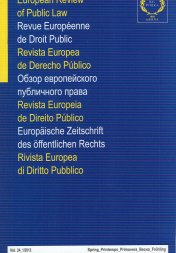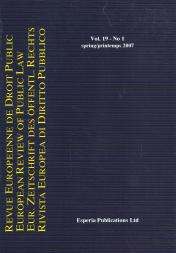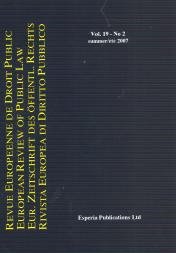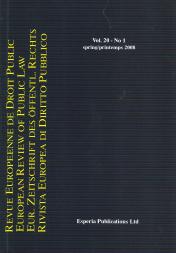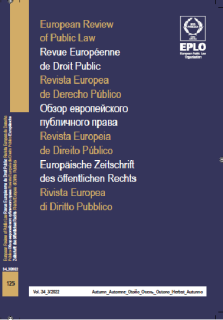
Jurisprudence
Constitutional / Constitutionnelle
2021
Portugal
Legal adviser at the Portuguese Constitutional Court
Legal adviser at the Portuguese Constitutional Court
Legal adviser at the Portuguese Constitutional Court
The present chronicle gives an overview of the Portuguese Constitutional Court case law of 2021. In this year, the Court issued an important decision regarding medically assisted death. Besides this ruling, the Court faced relevant challenges in different fields of the Portuguese legal framework. As usual, Criminal and Tax Law stood out as the main legal areas approached by the Portuguese Constitutional Court. There were also Rulings on the distribution of powers between the Parliament and the Government in the definition of criminal offenses during the state of emergency and the state of calamity due to the COVID-19 pandemic, the right to gender self-determination and expression of gender and its consequences within the educational system, the right to examine witnesses and its limitation during the COVID-19 pandemic (videoconferencing) and lastly on the right to property as apposed to rental contracts of public interest. All of this is reflected in the decisions summarized in the chronicle.
La présente chronique donne un aperçu de la jurisprudence de la Cour constitutionnelle portugaise pour 2021. Au cours de cette année, la Cour a rendu une décision importante concernant l’aide médicale à mourir. Outre cet arrêt, la Cour a fait face à des défis importants dans des différents domaines du cadre juridique portugais. Comme d’habitude, le droit pénal et le droit fiscal ont été les principaux domaines juridiques abordés par la Cour constitutionnelle portugaise. Il y a également eu des décisions sur la répartition des pouvoirs entre le Parlement et le gouvernement dans la définition des infractions criminelles pendant l’état d’urgence et l’état de calamité en raison de la pandémie de COVID-19, le droit à l’autodétermination fondée sur le sexe et l’expression du genre et ses conséquences au sein du système d’éducation, le droit d’interroger les témoins et ses limites pendant la pandémie de COVID-19 (vidéoconférence) et, enfin, le droit à la propriété par rapport aux contrats de location d’intérêt public. Tout cela se reflète dans les arrêts résumés dans la chronique.













